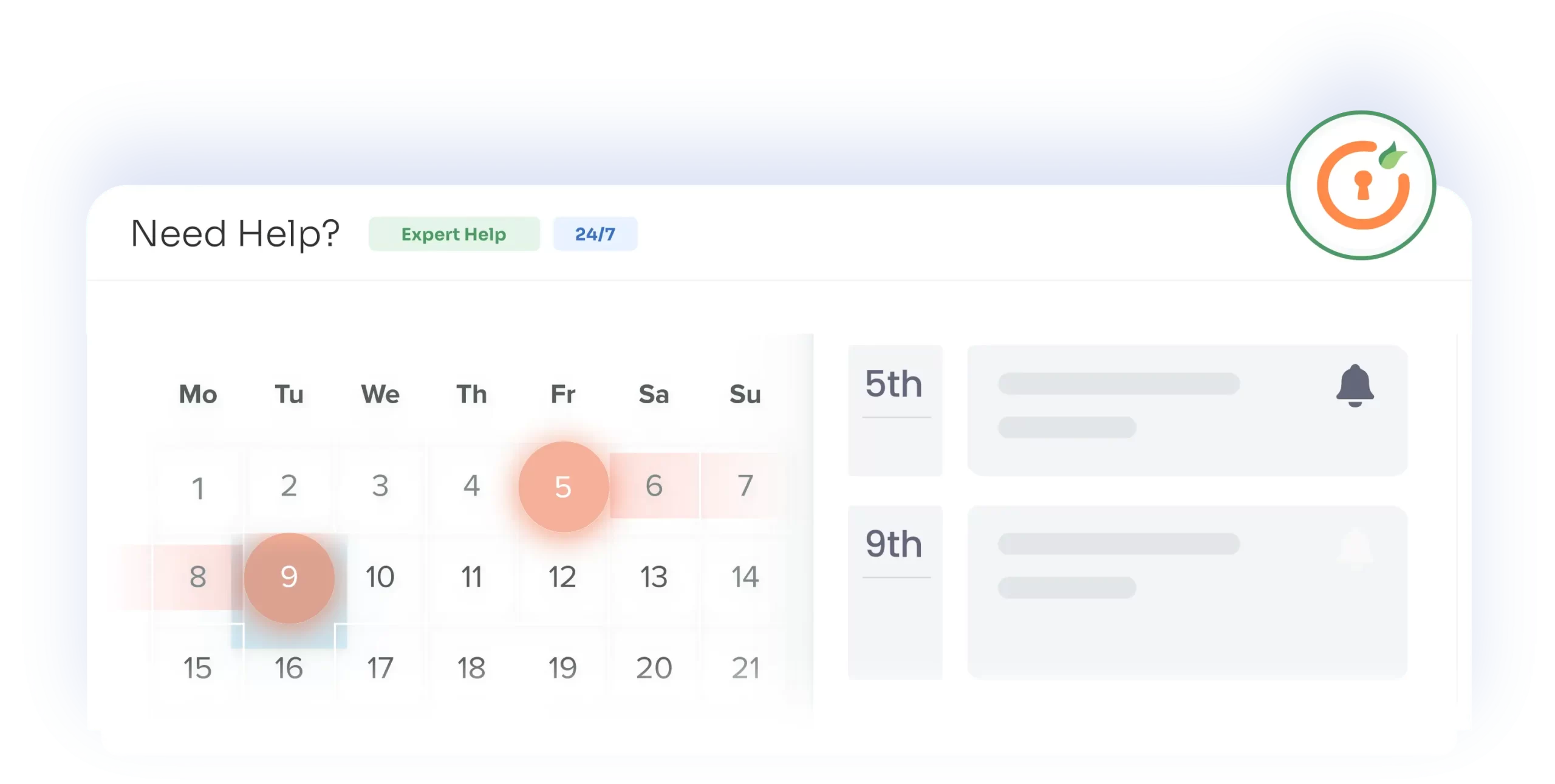miniOrange SAML SSO vs Atlassian SSO
Smarter, Safer, and More Flexible SSO
miniOrange SAML SSO goes far beyond the basics offered by Atlassian’s in-built SSO. With robust support for 20+ identity providers, you can easily manage users, set custom login rules, and keep everything secure with features like signed requests and automatic metadata refreshes.
Why settle for basic SSO? Get 25+ advanced features with miniOrange’s SAML SSO for Atlassian Suite, trusted by over 10,000 enterprises.








